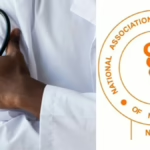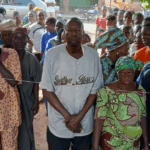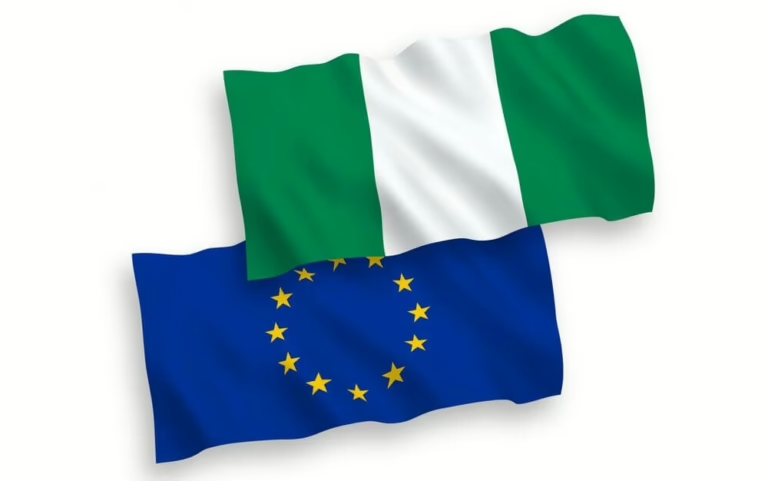The Federal Government of Nigeria and the European Union (EU) have committed to enhancing their collaboration in implementing sustainable development initiatives across Nigeria, with a particular emphasis on grassroots communities through President Bola Tinubu’s Ward Development Programme.
During a conference titled “Promoting Sustainable Development via EU-Nigeria Partnership and Innovative Financing Tools” held in Abuja, Senator Atiku Abubakar Bagudu, the Minister of Budget and Economic Planning, praised the EU as a dependable and long-term development ally whose contributions significantly bolster Nigeria’s reform agenda and investment strategies.
He highlighted the EU’s €900 million Global Gateway Investment Package, which targets sectors such as energy, healthcare, education, social welfare, and peacebuilding. Bagudu emphasized that this support arrives at a pivotal moment as Nigeria undertakes ambitious yet challenging reforms.
“Nigeria and the European Union share a rich history of collaboration that has deepened and expanded over time,” Bagudu remarked. “The Global Gateway Investment Package is timely, focusing on green energy transition, digital innovation, enhanced connectivity, and human capital development, all of which align closely with Nigeria’s strategic goals.”
The minister further explained that the Tinubu administration is intentionally directing fiscal benefits from ongoing reforms to reinforce macroeconomic stability while mitigating adverse effects on vulnerable populations. Central to this strategy is the Renewed Hope Ward-Based Development Programme, a grassroots-driven approach aimed at delivering critical infrastructure, essential services, and economic opportunities directly to local communities.
Bagudu noted that the Ward Development Programme “perfectly complements the EU’s Global Gateway initiative,” as both prioritize community ownership, sustainability, and inclusivity.
By establishing wards as focal points for EU-funded projects, Nigeria ensures that investments are effectively channeled to the areas with the greatest need.
Illustrating progress made, Bagudu cited the Emi Eko Project as a prime example of how EU-backed climate-resilient and inclusive investments can positively impact local livelihoods. He also pointed out that the Global Gateway’s innovative financing structure-which combines grants, concessional loans, guarantees, and private sector investment-provides Nigeria with a valuable opportunity to expand projects under its forthcoming National Development Plan (2026-2030).
Echoing these sentiments, Mr. Gautier Mignot, the EU Ambassador to Nigeria and ECOWAS, emphasized the necessity of enhancing communication and transparency within the EU-Nigeria development partnership.
“Improving our communication is essential,” Mignot stated. “Accountability is key. We must demonstrate to our citizens and taxpayers that every euro invested is managed responsibly.”
The ambassador stressed that beyond financial support, the partnership must deliver visible and measurable outcomes to foster stronger engagement and trust among people in both Nigeria and Europe.

















